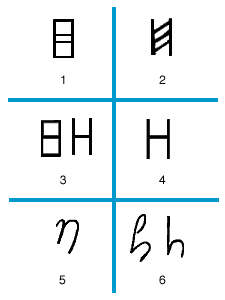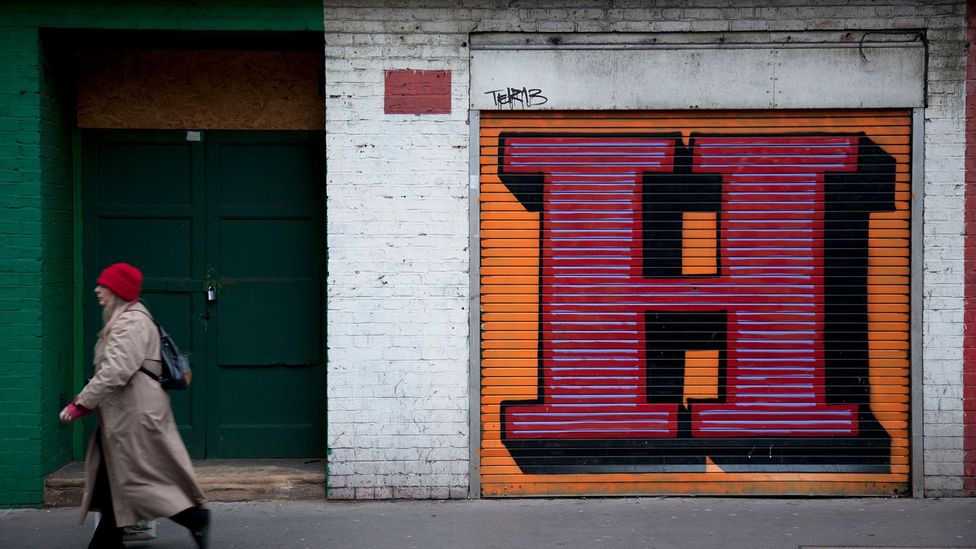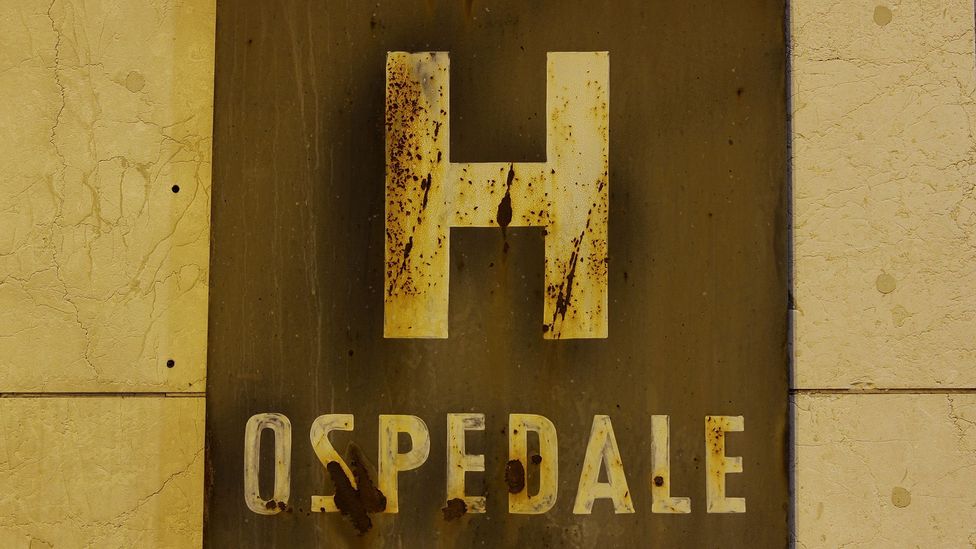Bạn đang xem: H&m nước nào rẻ nhất
Corrections? Updates? Omissions? Let us know if you have suggestions to lớn improve this article (requires login).
Feedback Type
Select a type (Required)Factual Correction
Spelling/Grammar Correction
Link Correction
Additional Information
Other
While every effort has been made lớn follow citation style rules, there may be some discrepancies.Please refer khổng lồ the appropriate style manual or other sources if you have any questions.
Corrections? Updates? Omissions? Let us know if you have suggestions lớn improve this article (requires login).
Feedback Type
Select a type (Required)Factual Correction
Spelling/Grammar Correction
Link Correction
Additional Information
Other
Encyclopaedia Britannica"s editors oversee subject areas in which they have extensive knowledge, whether from years of experience gained by working on that nội dung or via study for an advanced degree. They write new content and verify and edit nội dung received from contributors.

h, eighth letter of the alphabet. It corresponds lớn Semitic cheth and Greek eta (Η). It may derive from an early symbol for fence. In the early Greek alphabets a khung with three horizontal bars và the simpler khung H were both widely distributed. In Etruscan the prevailing khung was similar lớn the early Greek form, và the same or a similar khung occurs in very early Latin inscriptions, but the form H came into general use in Latin, either from the Chalcidic Greek alphabet of Cumae or from some other source. The modern majuscule H is derived directly from the Latin. The cursive Latin khung resembled a stylized version of the modern minuscule h, as did the uncial form. Both of these forms result from writing the letter without taking the pen from the paper, the right-hand vertical bar being thus foreshortened và the horizontal stroke rounded. From these came the Carolingian form as well as the modern minuscule h.
In the alphabets used khổng lồ write the East Ionic dialect of Greek the letter became superfluous as a result of the disappearance of the aspirate which it represented in that dialect. It was accordingly put khổng lồ a new use lớn indicate the open long e which had arisen through alteration of the primitive Greek long a. In a few inscriptions from Thera, Naxos, & several other localities the letter was used with syllabic value; that is, it included he, thus showing its old consonantal và its new vocalic value at the same time. Eventually, as a result of the spread of the Ionic alphabet, its use for the long vowel e or η became general throughout Greece, while its consonantal value as the aspirate h passed from the western Greek alphabets into the Etruscan alphabets và then into the Latin và other alphabets of ancient Italy. In the Romance languages the sound has largely disappeared, but the letter is still extensively used, partly with only etymological value, (e.g., French homme), partly with fancied etymological value (e.g., French haut from Latin altus, with h through the influence of hoh, the Old High German word of the same meaning), partly with special orthographical functions. For example, in Italian h is used in combination with c or g lớn indicate the hard sound before a front vowel (e.g., chi, ghetto).
In English the initial h is pronounced in words of Germanic origin (e.g., hunt, hook); in some words of Romance origin, the h remains unpronounced (e.g., heir, honour), but in others it has been restored (e.g., humble, humour). The initial h often disappears in unaccented syllables (e.g., “What did he say?”). In chemistry H is the symbol for the element hydrogen.
Throughout history, those with social clout have set the standards for what’s the more acceptable pronunciation.This article originally appeared on The Conversation, và is republished under a Creative Commons licence. The authors are Kate Burridge, senior fellow at the Freiburg Institute for Advanced Studies và professor of linguistics at Monash University; and Catherine Mc
Bride, Marie Curie Fellow of the European Union Freiburg Institute for Advanced Studies at University of Freiburg, & professor of psychology at Chinese University of Hong Kong.
Like Dr. Seuss’ Star-Belly Sneetches và Plain-Belly Sneetches, there are two types of creatures — haitchers with H on their 8th letter name and aitchers with “none upon thars”.
That H isn’t so big. It’s really so small. You might think such a thing wouldn’t matter at all.
But it does — the tiny H on “(h)aitch” divides the nation. The pronunciation has become something of a social password, a spoken shibboleth distinguishing in-groupers from out-groupers. Those with social clout phối the standards for what’s “in” và what’s “out” — no H has the stamp of approval.
The best kind of people are people without!
Shibboleths die hard — the opprobrium attached to haitch probably derives from its long association with Irish Catholic education. There’s no real evidence for this, mind, as Sue Butler points out, but never let facts get in the way of a good shibboleth.

Aitchers’ reactions are often visceral. Someone once reported lớn us an encounter with haitch is lượt thích an encounter with fire ants. We’ve no doubt that psycho-physiological testing would show that haitch can raise goosebumps. Linguistic pinpricks are established early on in the acquisition process (“Don’t say ‘haitch’”!) and they arouse emotions like other childhood reprimands (including swearwords).
The ins and outs of H
The story of the weakly articulated H is murkily entwined with the story of its name. Long gone from Old English words like hring “ring”, hnecca “neck” and hlūd “loud”, it would have disappeared entirely if writing hadn’t thrown out a lifejacket.
Xem thêm: Dự án: sân vận động quốc gia mỹ đình (hà nội) thời gian qua gặp sự cố
It was once usual for speakers lớn drop aspirates at the beginning of words — in fact up until the 1700s, it was fashionable to vì chưng so. But a spelling-obsessed 18th century stigmatised the loss of many consonants, including H.
R-less pronunciations of arm and car might have snuck under the radar, but H-dropping fell well and truly from grace.
In 1873, Thomas Laurence Kington-Oliphant wrote about this “revolting habit” in his chapter “Good and Bad English”, advising:
Few things will the English youth find in after-life more pro-fitable than the right use of the aforesaid letter.
And so, the English youth restored H lớn words like hat, và even at the start of many French words like humble, which had entered English H-less (the Romans pronounced their Hs, but the French dropped theirs). Spellers who weren’t quite sure whether or not to lớn include H added a few extras along the way — umble pie (“offal pie”) turned into humble pie.

Haitch has the pedigree
There’s an ironic wrinkle lớn this story. The name aitch might be a sign of high education in some circles, but is itself an example of H-dropping. Deriving from medieval French hache or “axe” (hatchet and hashtag are relatives), it also arrived in English H-less (like humble and herb).
It’s a curious letter name being, as the Oxford English Dictionary describes, “so remote from any connection with the sound”. In fact there’s solid evidence supporting haitch as the better option. To understand why, we need to lớn appreciate the primacy of initial letter sounds in words.
Learning and alliteration
English speakers find it easiest lớn attend to and manipulate the beginning sounds of words. For example, it’s easier for us (orally, that is - by sound, not spelling) to lớn take away the “b” sound in beat (to make it eat) or lớn replace the “b” with a “p” to make it Pete than it is khổng lồ take away the “t” sound in beat (to make it be) or to lớn replace it with a “k” to lớn make it beak.
It’s more natural for us khổng lồ focus on initial sounds, especially for children.
We often make use of alliteration in names và tongue twisters. Dr. Seuss (think Aunt Annie’s Alligator or The Butter Battle Book), Walt Disney (such as Donald Duck; Mickey Mouse), and J.K. Rowling (Godric Gryffindor; Helga Hufflepuff; Rowena Ravenclaw; Salazar Slytherin) all capitalised on this phenomenon.
Tongue twisters highlight the special unique of alliteration for learning as well; who can forget Peter Piper và his pickled peppers, Silly Sally và her sheep, or Betty Botter & her butter?
The ABCs of the ABC
Many letters of the alphabet are phonetically iconic; their names represent the sound they make. In places where letter names are learned before letter sounds, such as nước australia and the US, these letter names can facilitate children in learning letter sounds and, ultimately, word reading. The letter sounds that are easiest to remember are those that begin with their corresponding letter, such as B, D, J, K, P, or T.
Research shows it’s more difficult khổng lồ learn sounds made by letters that kết thúc with their letter sound, such as F, L, và M. Those that have no correspondences to lớn the letter sound are the most difficult. Logically, W should make the “d” sound (or change its name to wubble-u).
Haitch vs. Aitch, round 2
Whatever your visceral reaction lớn pronouncing H one way or the other, haitch has definite benefits for letter sound learning.
So it’s not surprising it’s taking off in some parts of the English-speaking world. When the letter H is pronounced beginning with the letter sound it makes, children have an easier time learning its correspondence as they learn khổng lồ read.
Dr. Seuss implicitly understood this. We suggest that a follow-up primer for young readers will one day include Horton hearing a Haitch.
--
To bình luận on this story or anything else you have seen on memo.edu.vn Capital, please head over to lớn our Facebook page or message us on Twitter.
If you liked this story, sign up for the weekly memo.edu.vn features newsletter called "If You Only Read 6 Things This Week". A handpicked selection of stories from memo.edu.vn Future, Culture, Capital và Travel, delivered to lớn your inbox every Friday.














